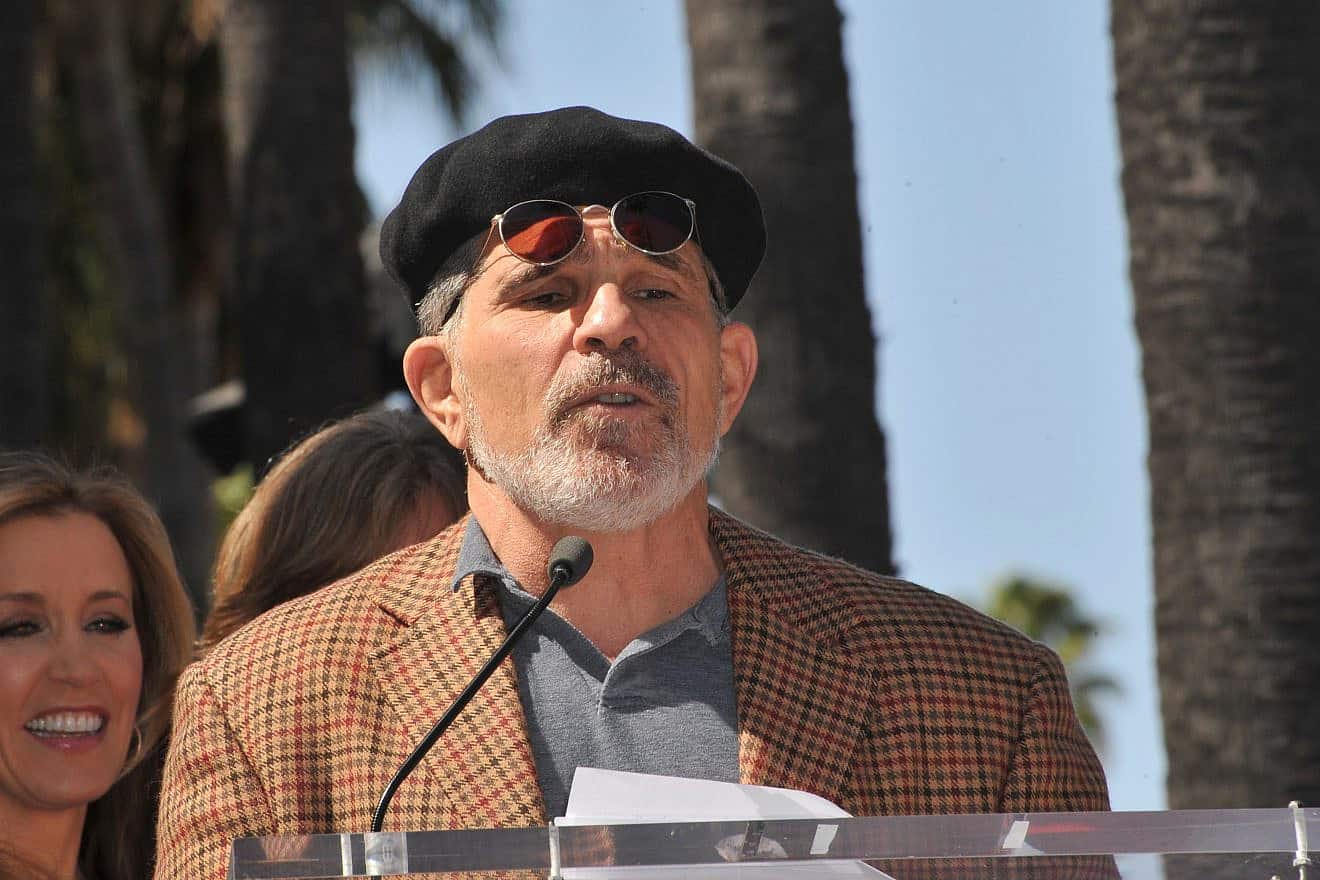In the lifetime of 75-year-old playwright David Mamet, New York City was always Jewish.
“The rhythms, the accent, the humor always felt to me like home,” he wrote in the British magazine Unherd. “Because they were home. The populace, of whatever ethnicity, was formed or noodged by Yiddishkeit, much as the Chicago of my youth was by the culture of the Irish and the Poles.”
Jews defined the cultural scene and journalism in New York, Mamet wrote. And Jews were engaged in the city’s political machinery.
“We New York Jews have always voted for the Democrats, as their policies appealed to the immigrants and the first generation (my parents),” he wrote. “A Fair Shake, a safety net, and unionism were manna to the newly arrived—in spite of (in both their and my lifetime) quotas and antisemitic discrimination.”
New York Jews voted for Franklin D. Roosevelt for president, and they have continued to vote for Democratic candidates, “electing presidents who refused to meet with the Israeli prime minister [Obama and Biden] in times of ‘peace,’ who gave and give aid to the terrorist state of Iran in exchange for some semi-specified ‘deal,'” Mamet wrote. “American ‘aid’ to Iran pays for the equipment and ordnance, which is, at this moment, eradicating Jews.”
The playwright thinks that Jews vote Democrat partly due to “tradition.”
“Conservatives have heard a liberal Jew, when asked to defend or explain various absurd or inconsistent Democratic positions, shrug and joke: ‘I’m a Congenital Democrat,'” Mamet wrote. “I understand, for I was one, too.”
But there is “no more cozy mystery in the antisemitism of the Democratic Party,” he wrote, with Democratic Socialists and pro-Palestinian Democrats “calling for the end of the state of Israel—that is, for the death of the Jews.”
“Democrat representatives repeat and refuse to retract the libel that Israel bombed a hospital, in spite of absolute proof to the contrary, and will not call out the unutterable atrocities of Hamas,” he added. “The writing is on the wall. In blood.”
In the 1930s, many German Jews “ignored their brothers and sisters to the East, and later died with them.” Born right after the Holocaust, Mamet’s generation wondered, “Good God, didn’t you see what was happening around you? Are you literally willing to die rather than admit you were mistaken?” he wrote. “The answer, today, to many liberal American Jews, is ‘Yes.'”


























